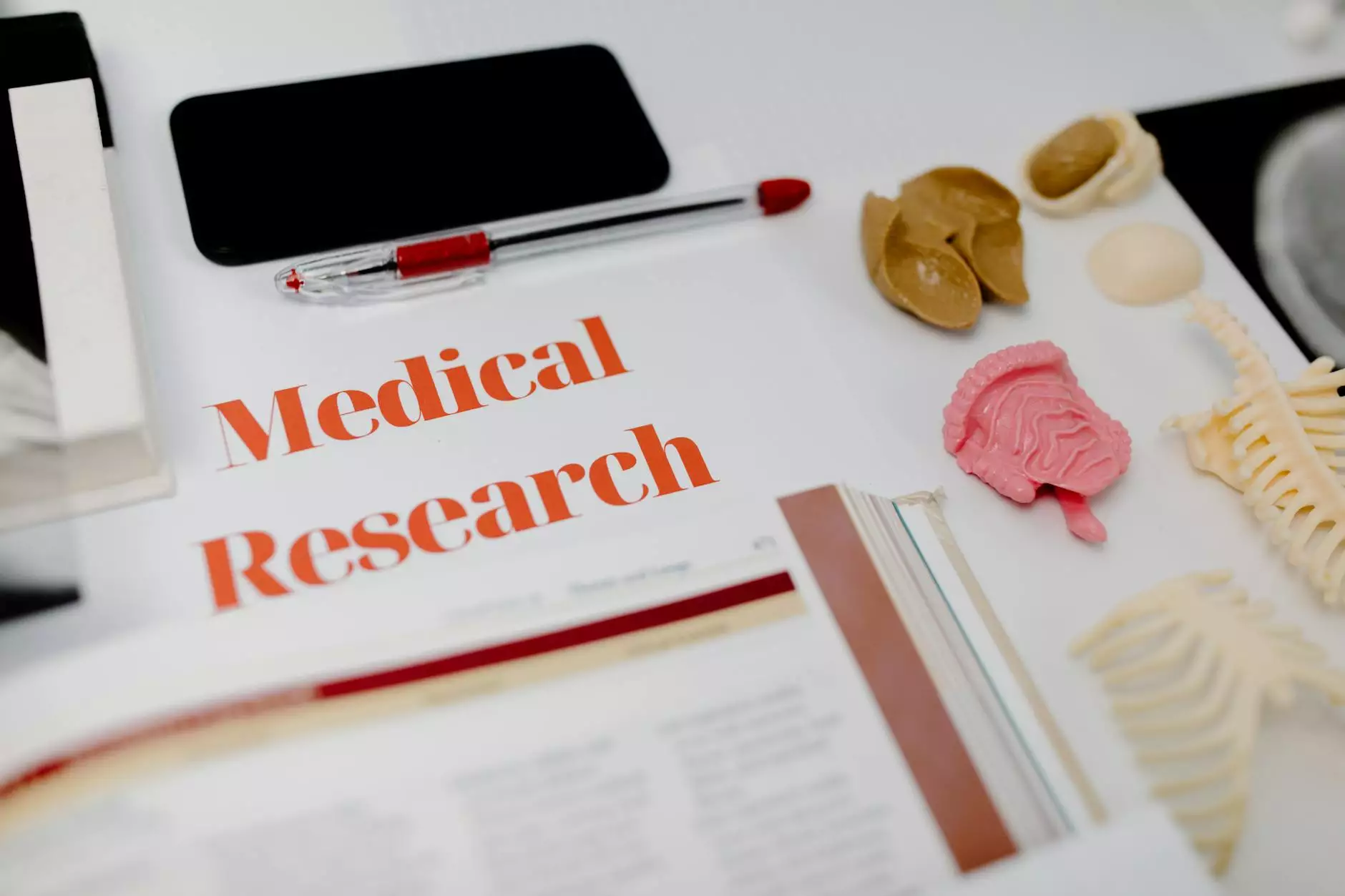Unlocking Opportunities: Becoming a Medical Biller

Becoming a medical biller is an increasingly sought-after career path in the ever-evolving healthcare industry. As healthcare systems become more complex, the need for professionals who can handle medical billing effectively continues to grow. In this article, we will delve into what it takes to become a successful medical biller, the skills required, the job responsibilities, and the various career opportunities available in this essential field.
What is Medical Billing?
Medical billing is the process of submitting and following up on claims with health insurance companies to receive payment for services rendered by healthcare providers. This entails converting healthcare services into standardized codes that are then used to create bills that reflect those services. Medical billers act as the crucial link between healthcare providers, insurance companies, and patients.
Understanding the Roles and Responsibilities of a Medical Biller
To comprehend the significance of becoming a medical biller, it's essential to understand their core responsibilities. These professionals are tasked with:
- Code Services: Translating healthcare services into codes using classification systems like ICD-10, CPT, and HCPCS.
- Submit Claims: Preparing and submitting claims to insurance providers for reimbursement.
- Follow Up on Claims: Monitoring unpaid claims and ensuring timely follow-up to resolve issues.
- Patient Interaction: Communicating with patients regarding their bills, insurance, and any outstanding balances.
- Maintain Records: Keeping accurate and organized records of billing and coding for audits and compliance.
Essential Skills Required for a Medical Biller
To thrive in the role of a medical biller, several skills and attributes are vital:
- Attention to Detail: Precision is crucial; even a small error can result in delayed payments or denials of claims.
- Analytical Skills: The ability to analyze and interpret complicated billing information is necessary for resolving discrepancies.
- Communication Skills: Strong verbal and written communication skills are necessary for effective interaction with healthcare providers, patients, and insurers.
- Technical Proficiency: Familiarity with medical billing software and electronic health records (EHR) systems enhances efficiency.
- Knowledge of Regulations: Staying updated on healthcare laws, regulations, and billing practices is essential to compliance and operational effectiveness.
Educational Pathways to Becoming a Medical Biller
The journey to becoming a medical biller can vary based on individual goals and the specific requirements of employers. Here are common educational pathways:
- High School Diploma: A basic requirement for entry-level positions. Courses in math, business, and health sciences are advantageous.
- Certification Programs: Consider enrolling in a medical billing and coding certification program. Many community colleges and vocational schools offer targeted programs that can usually be completed within a year.
- Associate Degree: Pursuing an associate degree in health information technology or a related field may enhance job prospects and provide a more comprehensive understanding of the healthcare system.
- National Certification: Obtaining certification from recognized organizations such as AAPC or AHIMA can significantly improve your credentials and employability.
Gaining Experience in Medical Billing
Experience in the field is invaluable. Here are strategies for gaining practical experience:
- Internships: Seek internships or volunteer positions in healthcare facilities to gain hands-on experience.
- Entry-Level Positions: Start in related roles such as a medical receptionist or coding assistant to familiarize yourself with office procedures.
- Continued Education: Engage in continuous learning through workshops, online courses, and conferences pertaining to billing and coding.
The Future of Medical Billing
The landscape of medical billing is continually changing due to advancements in technology and regulatory requirements. Here are some trends that may shape the future of becoming a medical biller:
- Increased Automation: Technologies such as AI and machine learning are streamlining billing processes, reducing human error, and speeding up claims processing.
- Value-Based Care: The shift from fee-for-service to value-based care may require medical billers to adopt new billing procedures that emphasize quality over quantity.
- Telehealth Growth: With the rise of telehealth services, medical billers must be knowledgeable about billing for remote services and the associated reimbursement policies.
Career Advancement Opportunities
As a medical biller, there are numerous pathways for career advancement:
- Billing Supervisor: Oversee a team of billers and manage the billing process for a healthcare facility.
- Medical Coding Specialist: Specializing in coding can lead to higher salaries and more job security.
- Healthcare Manager: Transitioning into a managerial role in healthcare administration can provide a leadership position overseeing various operational aspects.
- Consultant: Experienced billers may choose to consult with healthcare organizations to improve their billing processes and compliance.
Conclusion: Your Path to Becoming a Medical Biller
In conclusion, becoming a medical biller presents a wealth of opportunities in the healthcare sector. With the right education, skills, and experience, you can forge a successful and rewarding career in this crucial field. As technology and healthcare policies evolve, the demand for qualified medical billers will remain strong. By investing in your education and professional development, you can become an essential part of the healthcare system, contributing to both patient care and organizational success.
For those looking to embark on this career, the time is ripe with possibility. Equip yourself with the necessary knowledge, stay adaptable, and embrace the journey ahead in the realm of medical billing.








